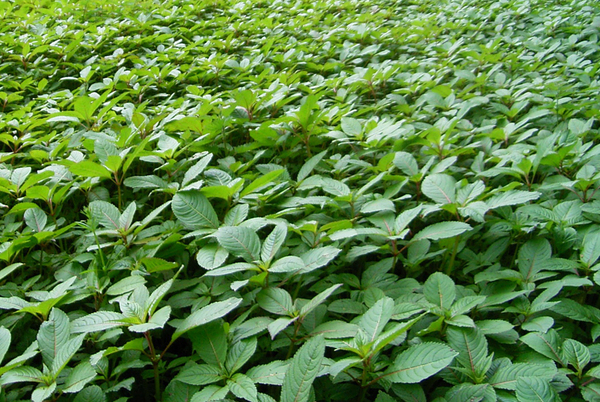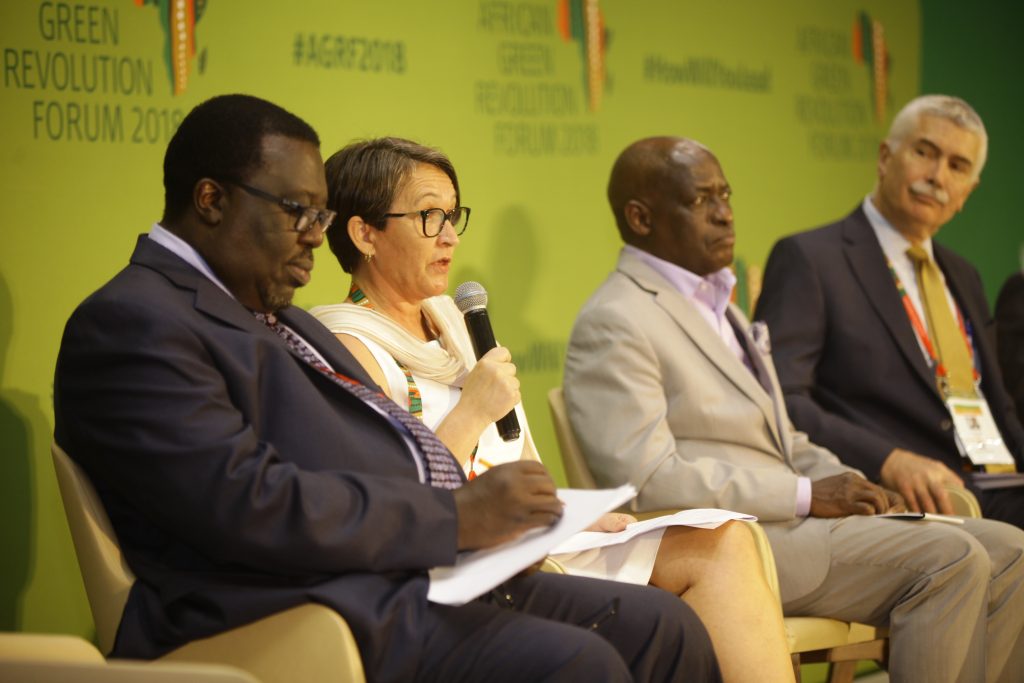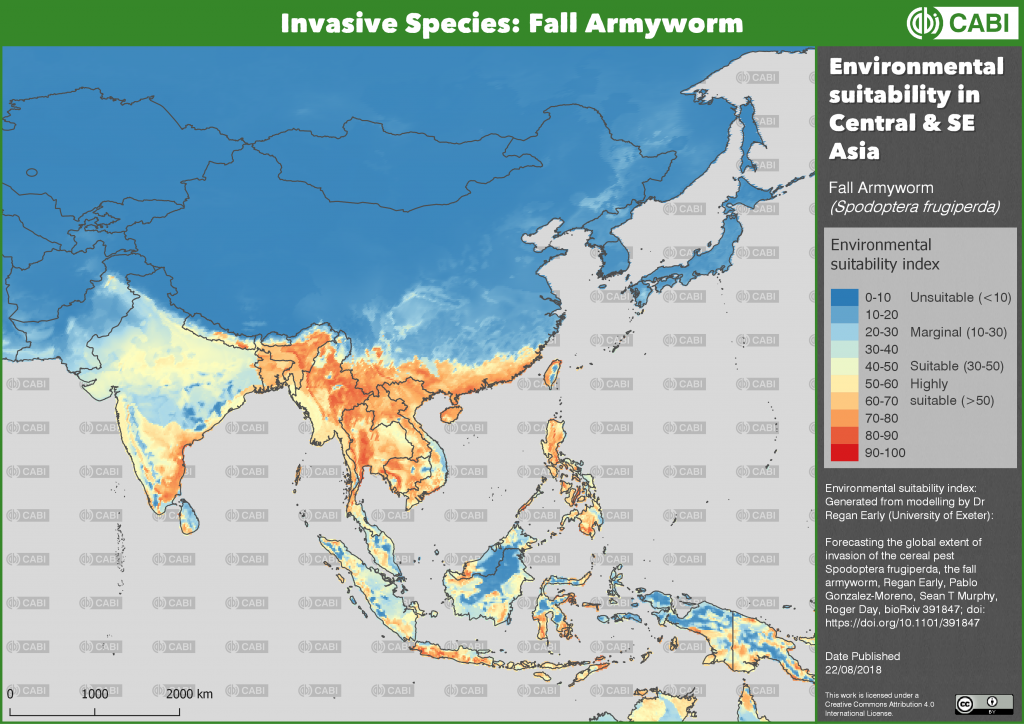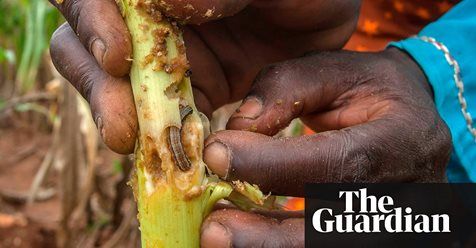Invasive Species Are Riding on Plastic Across the Oceans
Reblogged from National Geographic We know plastics are as plentiful in parts of the open ocean as they are in our everyday lives. But, until recently, scientists didn’t consider that such debris could also be carrying a new wave of invasive species to the shores of the United States. Now they’re finding that not only is…
A crisis is a terrible thing to waste
Reblogged from AGRF Last year, the Fall armyworm destroyed swathes of agricultural production across Africa, devastating maize crops in more than 40 countries and placing at risk the food security and livelihoods of some 300 million people.
CABI calls for urgent action to tackle the global spread of invasive species
In response to the growing threat of invasive species, the Centre for Agriculture and Biosciences International (CABI) has called for urgent action to tackle the global spread of invasive species, even as the recent fall armyworm outbreak casts doubts over Africa and Asia’s preparedness to fight the scourge. CABI is a not-for-profit organisation that draws…
Workshops to combat Parthenium in Pakistan
A training session was recently organized by CABI in Pakistan on the identification and management of Parthenium Hysterophorous to a variety of stakeholders. These activities were part of the Parthenium awareness campaign which CABI has launched under Action on Invasives, in the Sheikhupura district (Pilot district), Punjab focusing particularly on rural communities.
Where next for fall armyworm?
Since its confirmed arrival in Nigeria in 2016, the fall armyworm has conquered almost 25.5 million square kilometres of Sub-Saharan Africa, reaching as far east as Ethiopia, and as far south as South Africa. Now fall armyworm has reached beyond African shores and was recently confirmed in India, with CABI warning of its now impending…
Giant Hogweed: Biology, Impacts and Management
Edited by Corin Pratt and Marion Seier. Giant hogweed (Heracleum mantegazzianum) is a monocarpic perennial herb, native to the Caucasus region. Since the late 1800s, giant hogweed has spread extensively across Europe and in eastern and western parts of North America following its likely initial introduction to the continent as an ornamental curiosity as early…
Scientists debate how best to tackle invasive plants across Europe
Some of the world’s leading scientists in the field of alien invasive plants are to debate how best to tackle the scourge of a range of alien invasive plants – some of whose pollen can cause severe irritation in humans and threaten native ecosystems.
Using DNA to detect a stinkbug invasion
The use of DNA to detect a stinkbug invasion proposes a revolutionary advancement in agricultural pest surveillance following the success recorded on a piloted experiment conducted on farms in the USA. These interlopers attack all manner of produce, ranging from fruits to leafy vegetables. However, the adoption of DNA techniques in detecting its early invasion…
Fall armyworm’s spread to India making headlines around the world
Earlier this month, CABI warned of the impending rapid spread of fall armyworm across Asia, following its arrival in India. Since then, news of the crop-destroying pest’s invasion has been hitting headlines across the globe.







